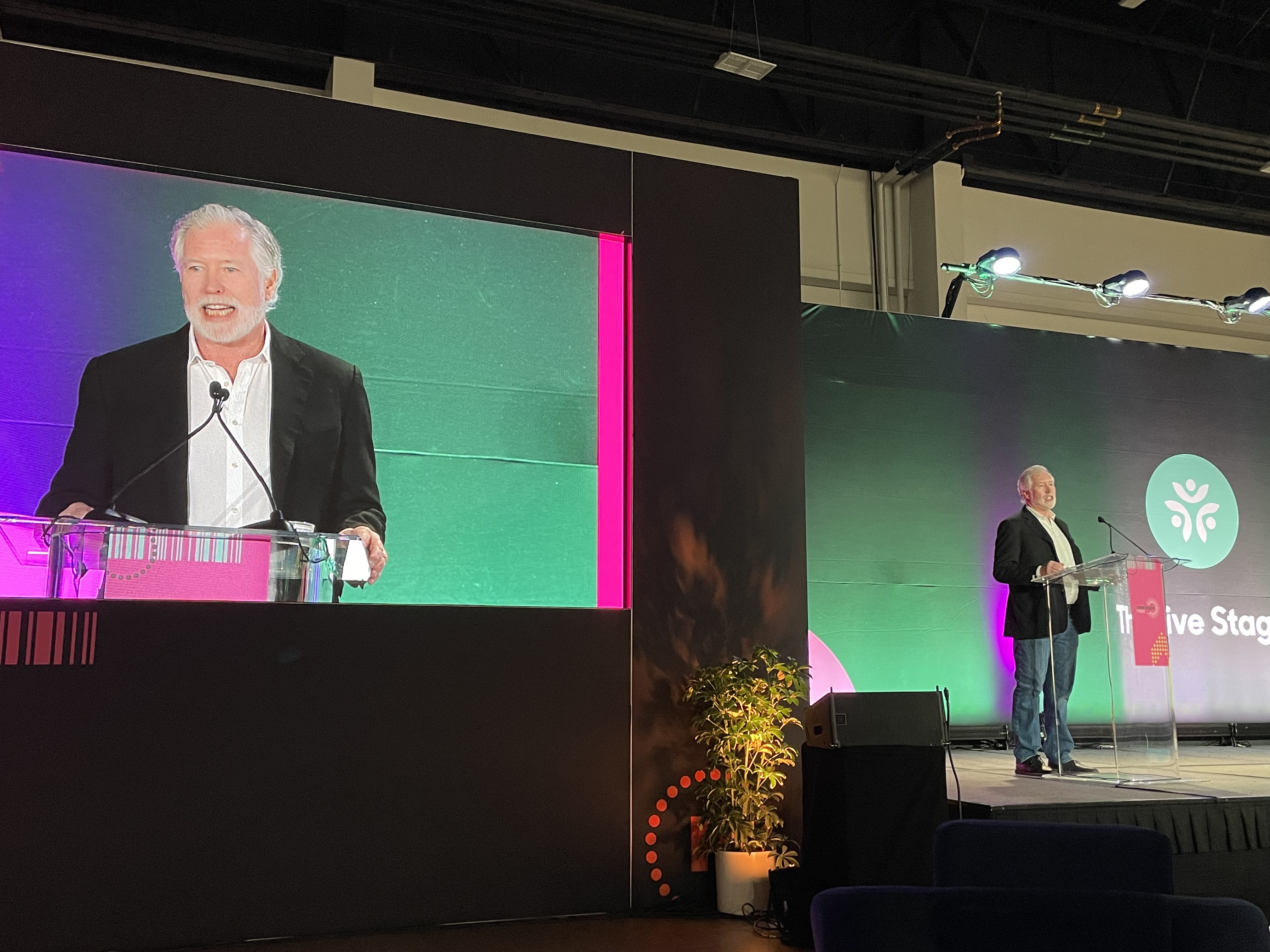How Do Consumers Evaluate Food+Tech Foods?
"Consumers don't want food+tech foods, right?"
It would be tough to count the number of times that I was asked this question over the last several years. My answer to that question is: "They do want them, if there is something in it for them."
And that means that food+tech food has to deliver on both functional and emotional benefits, not just tout a list of technology-derived features. When it comes to food, a unique new feature may get a shopper to put a novel, new food product into their cart, but they likely won't become a repeat customer. To get a consumer to come back and buy again, they will quickly weigh the value proposition:
- Does the product look like it will be enjoyable to eat?
- Will it work for the eating occasions that I need it to?
- What functional benefits will it give me, like being a good source of protein or filling me up on the go?
- What emotional benefits will it give me, like knowing that my kids will enjoy eating it or that a product donates a percentage of sales to a charity I care about?
- Is it acceptably priced?
You will find, more often than not, that for food items, both the technology and the specific processing used in the production process fall pretty far down the list for consumers, if they make it at all.
So why, then, is it important to understand if consumers accept a new food technology? Well, diverse stakeholders are interested: regulators, distribution partners like restaurant chains and grocery stores, and potential partners like chefs and influencers. And in regard to consumers, specifically, it is helpful to understand what information consumers want, how and where it is ideal to present that information, and which consumers are likely to have lingering questions that will need to be addressed before they make a purchase.
Successful brand builders will be curious to "pull apart" consumer perceptions (and mis-perceptions), getting to the heart of what consumers really care about. And, given that innovation can greatly benefit consumers -- giving them exciting new food choices -- successfully addressing consumer needs and wants will drive the adoption of the food innovation of the future.


